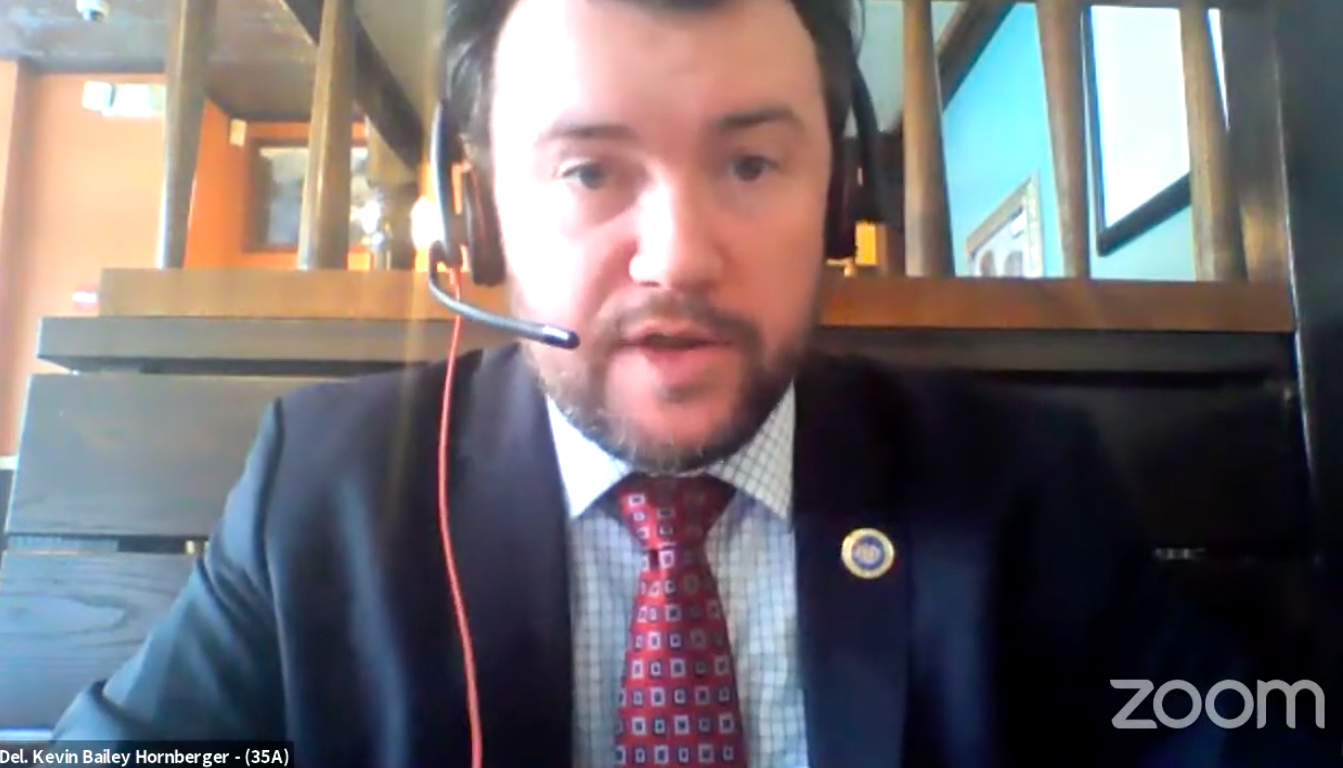A Maryland lawmaker is vying for the state to reimburse personal property taxes to businesses reeling from the pandemic, though the refund could cost the state an estimated $365 million.
Last year, Maryland businesses paid an average of $2,860 in these property taxes, which include physical assets that businesses need to operate –– like refrigerators at restaurants and swivel chairs at barber shops.
More than 126,000 Maryland businesses filed a personal property tax return in 2020, according to a legislative analysis, and Del. Kevin Hornberger, R–Cecil, said his bill, HB1257, will keep small businesses that are on the brink of collapse from shuttering.
“These small business owners are on their backs,” Hornberger said.
Local governments are responsible for collecting personal property taxes, though businesses would be reimbursed entirely through the state’s rainy day fund at a cost of roughly $365 million, an estimate Hornberger called “conservative.”
Del. Darryl Barnes, D-Prince George’s and a member of the Ways and Means Committee that Hornberger presented the bill to, said that while he is supportive of trying to find relief for businesses, it would be too expensive and complicated for the state to implement this reimbursement amid the pandemic.
In a letter written to Hornberger and the committee, the state department that would be responsible for reimbursing businesses called the plan not feasible and expressed concern for Hornberger’s “subjective” definition of eligible businesses in the bill.
Hornberger told Capital News Service that he disagrees with the department’s concerns.
The bill defines eligible businesses as those “completely unable to do business” or “unable to conduct normal business on the premises of the business and (were) required to provide curbside, carryout, or delivery services only” as a result of Gov. Larry Hogan’s, R, executive orders from last March.
In its letter to the committee, the Maryland Chamber of Commerce, a statewide coalition that lobbies for business interests, expressed support for the bill, calling the reimbursements “an aggressive approach” to helping small businesses outlast the pandemic
In a similar letter, the Maryland Retailers Association supported the bill for the “enormous difference” it could make for struggling businesses.
To qualify for reimbursement, businesses would have to file a businesses personal property tax return by April 15, and the state would grant funding in the order in which eligible businesses file their returns.
Only businesses with personal property that totals more than $2,500 originally are required to pay personal property taxes, and seven of Maryland’s 24 jurisdictions don’t impose a personal property tax, according to a spokeswoman from the Maryland State Department of Assessments and Taxation.
Hornberger’s bill was part of a business relief package proposed Feb. 18 by the House Republican Caucus.

